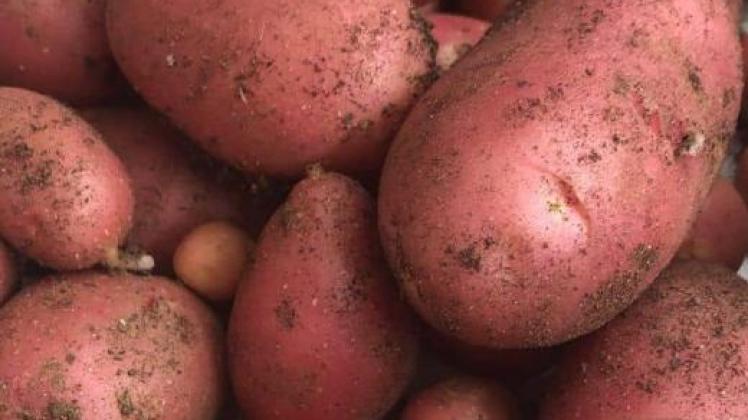Costa Rica: Support for domestic potato and onion producers in the face of massive imports
The National Chamber of Agriculture and Agroindustry (CNAA) expressed its strong support for domestic potato and onion producers, who are facing a critical situation caused by the massive importation of these products.

During a press conference held on July 2, representatives of horticultural producers denounced what they described as "unfair competition" resulting from the excessive entry of imported potatoes and onions. According to their findings, many of these products enter the country without traceability, without effective oversight, and, in some cases, without complying with the sanitary controls required by law.
The CNAA agreed with the concerns raised and warned of the negative consequences of this practice for both local production and consumer health. "The indiscriminate opening of our borders to imported horticultural products, without meeting rigorous technical and scientific criteria, constitutes a direct threat to the country’s phytosanitary heritage," the Chamber warned in a statement.
According to the CNAA, the oversupply phenomenon generated by uncontrolled imports has begun to displace domestic producers from the market, who are facing increasing difficulties in selling their production, often obtained with enormous effort and financial limitations. Potatoes and onions, two essential crops in several agricultural regions of the country, have been the hardest hit by this situation.
Furthermore, the Chamber denounced the lack of state action to address this problem and demanded that the relevant authorities—particularly in the areas of customs, taxation, and agricultural health—strengthen the inspection of products entering the country.
"It is no longer possible to allow our productive systems to be violated due to a lack of state action," declared Oscar Arias Moreira, president of the CNAA.
In his speech, Arias Moreira emphatically emphasized that political and legislative support is key to protecting agricultural workers and ensuring the country’s food security. In this regard, he thanked the representatives who have expressed their commitment to the sector and called for active surveillance from Congress to curb trade practices that he described as "unfair."
The CNAA also addressed a relevant technical aspect of the debate: the difference between industrial use and fresh consumption of imported potatoes. According to the Chamber, while there are processes that justify the importation of potatoes for industrial use, it is essential that shipments destined for that purpose arrive sealed and are used exclusively for their stated purpose. If, on the other hand, these products end up in the market as fresh potatoes, they would directly affect domestic farmers.
"We must ensure, as has been the case up to now, that potatoes for processing arrive sealed and do not enter the fresh produce marketing chain. Any deviation in this control represents a direct blow to our producers," warned Arias Moreira.
In this context, the CNAA issued an urgent call to the Government of the Republic to act decisively in defense of Costa Rican agri-food production. They demand a coherent trade policy that considers the realities of the national agricultural sector and that does not unnecessarily expose it to the fluctuations of the international market that benefit large importers but ruin the country’s small and medium-sized farmers.
"The country’s food security and the future of our rural areas cannot depend on short-term decisions that sacrifice our ability to produce food for the benefit of external commercial interests," the Chamber concluded.
The conflict facing potato and onion producers is not new, but it has reached new levels of tension in recent weeks due to the sustained increase in imports. Despite several warnings, the sector has not seen significant progress in establishing effective controls or in designing public policies to guarantee its competitiveness.
Therefore, the CNAA reiterates the urgency of taking comprehensive and sustainable measures to strengthen national agriculture, improve inspection systems, and establish trade rules that favor local production. Only in this way, they assert, will it be possible to guarantee that the food reaching Costa Ricans’ tables comes from safe, responsible sources committed to the country’s development.
Fuente:










